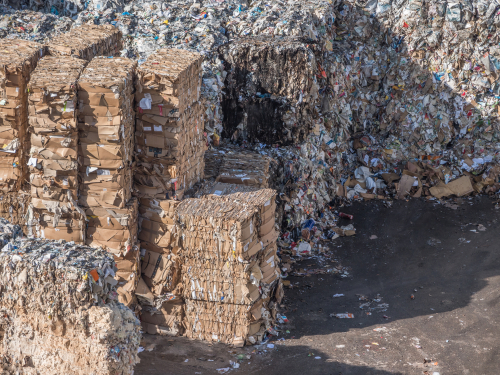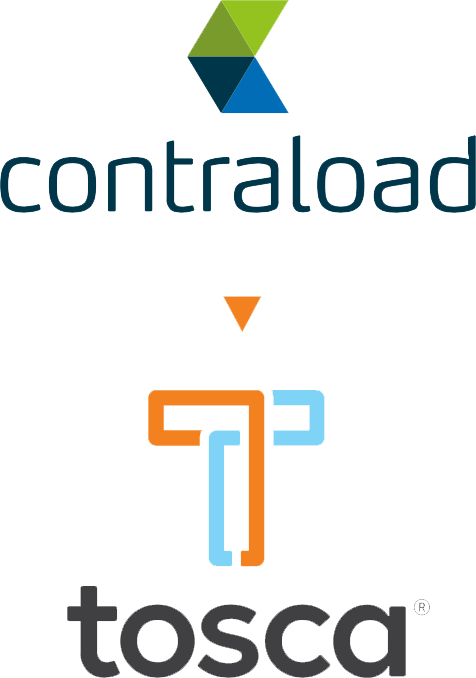1 Million Tons of Corrugated Cardboard Diverted from Supply Chains
Since corrugated cardboard was invented in 1894, it has barely improved as a packaging option, and continues to wreak havoc on our fragile environment and threaten supply chain sustainability. The amount of resources it takes to create corrugated cardboard packaging is only outdone by the amount of pollution created from its manufacturing process.
Why Divert Corrugated Cardboard?
The EPA states that 17 trees are cut down for every ton of corrugated cardboard produced. Additionally, corrugated cardboard manufacturing plants use large amounts of energy and water to convert raw wood into usable material while also emitting greenhouse gasses into the atmosphere.
In 2017, over three million tons of corrugated cardboard ended up in landfills in the United States alone, causing a devastating impact on our planet and supply chain sustainability. There are a few factors that contribute to corrugated waste – most notably the quality and type of corrugated. The recycling process for corrugated cardboard becomes more difficult when handling corrugated that is wax coated, wet, or soiled in any way. Unfortunately, within the perishable supply chain all of these are commonplace.

Produce and case ready meat typically leave dirt or leak, soiling the corrugated cardboard in some way. This not only makes it more difficult to recycle the corrugated boxes, but may also destroy the structural integrity of the box and threaten the quality of products within. To combat this, corrugated cardboard manufacturers began wax coating boxes to act as a water-resistant barrier, and in the process made a shipping material even harder to recycle.
How to Create A Sustainable Supply Chain with Reusable Plastic Containers
Tosca’s reusable plastic containers can help your organization achieve its sustainability goals. Supply chain sustainability is becoming increasingly necessary as the industry grows and the number of perishables transported increases.
At Tosca, we pool our Reusable Plastic Containers (RPCs), meaning we manage all the assets for you. We deliver and pick up the exact amount needed and clean all containers to the highest industry certifications before delivering them right back to you.
With every trip through the supply chain, a reusable plastic container prevents 1.0-1.5 pounds of corrugated cardboard from being used, and because a Tosca RPC can be reused hundreds of times before it’s recycled, the benefits of reusable plastic containers far outweigh the sustainability costs of corrugated boxes. In fact, over the years our reusable plastic containers have played a significant role in reducing packaging waste, protecting the environment, and improving supply chain sustainability. These issues create a significant need for a reliable alternative to cardboard boxes.
1 Million Tons of Corrugated Cardboard Diverted with RPCs
We are excited to announce that as of September 2020 we have officially diverted over one million metric tons of corrugated cardboard from supply chains with our RPCs. What does a million tons look like? To put it into perspective, diverting one million tons of corrugated cardboard is the equivalent of:
- 17 million trees saved from being cut
- 800,000 cars taken off the road (reducing over 3.8M tons of CO2)
Tosca has been creating a sustainable supply chain for over 60 years and we are proud to have helped some of the world’s largest grocery retailers and suppliers execute their sustainability initiatives by implementing RPCs into their operations. Since beginning in 1959 with reusable cheese production boxes, we have continued to eliminate waste in every category by adding sustainable alternatives to corrugated in produce, eggs, seafood, poultry, and grocery e-commerce supply chains.
However, we couldn’t improve perishable supply chain sustainability alone. Without our trusted supplier and retail partners, impacts like this would not be possible. To all our partners who have helped us achieve this goal, thank you for trusting us with your supply chains and believing in the value of RPCs. We look forward to diverting many more million tons of corrugated cardboard!


